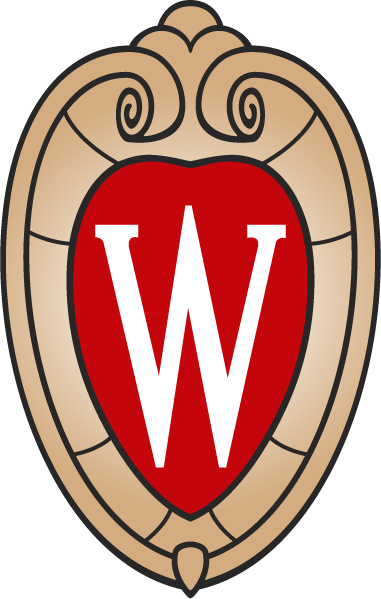
Course Overview
Course topics and features will include:
- Managing your microbes – and understanding their needs
- Bacteria, protozoa, metazoa
- Floc formation
- Providing the right environment
- Selecting the winners and losers
- Effects of temperature, mixing, nutrients, and dissolved oxygen
- Effects of pH, alkalinity, and toxins
- Managing and troubleshooting activated sludge processes
- Filamentous organisms
- Control of foam and scum
- Exercises and microscope demonstrations
Who Should Attend?
- Wastewater engineers, operators and managers
- Consulting engineers
- Federal agencies and military bases
- Wastewater equipment manufacturers
- Others interested in wastewater treatment
Course Outline
Overview of Microorganisms
- Physiology, growth and reproduction
- Environmental factors and microbial ecology
- Wastewater treatment and activated sludge
Bacteria
- Shapes, types, sizes
- Origin and growth
- Autotrophs, heterotrophs
- Aerobic, anaerobic, facultative bacteria
Protozoa, Rotifers, Nematodes
- Populations in wastewater treatment
- Environmental factors
- Control strategies
Filamentous Organisms
- Viscous bulking, scum formation
- Effects on activated sludge floc and settleability
- Control strategies
Activated Sludge Troubleshooting Workshop
- Nitrification, denitrification, BNR
- Microbe problem scenarios - and solutions
- Examples, case studies
Working with Microscopes
- Optical principles
- Tips and procedures
- Measuring and counting objects
Exercises, Discussions, and Demonstrations
Throughout the course, class exercises, discussions, and microscope demonstrations will be included, to help attendees learn and retain key points.
Instructors
Steven Leach
Steven Leach is a senior staff scientist with Novozymes Biologicals, Inc. He has more than 30 years of experience with wastewater biology, including fermentation, filament identification, treatment process evaluation, and onsite analysis during upsets, chlorination, and recovery. He has worked on the installation and start-up of over 20 fixed-film reactors units throughout the country. Steve is widely recognized for his expertise in identifying filaments and protists. He has completed onsite visits to wastewater treatment plants throughout North and South America, Europe, and Asia.
Adib Amini
Adib Amini, Ph.D., PE, ENV SP, BCEE serves as Program Director in the College of Engineering’s Office of Interdisciplinary Professional Programs, with a focus on Water, Wastewater, Stormwater, and Sustainability. Dr. Amini also works with cities and industries as an engineering consultant, with experience in both drinking water and wastewater treatment. Dr. Amini has expertise in sustainability, engineering design, technology innovation, and renewable energy. Dr. Amini’s work has included the design of novel technologies, including on-site energy systems at facilities. He spearheaded the designs for the first wastewater treatment facilities in Iowa that are 100% powered by on-site renewable energy systems. Dr. Amini invented a novel system for ventilation of rated spaces, such as wastewater headworks buildings, for which he holds a provisional patent. Dr. Amini also has performed award-winning research in technology innovation and sustainability. Dr. Amini has spoken widely at conferences on topics related to water/wastewater treatment, sustainability, PFAS, on-site energy systems, and resilient infrastructure.
Rick Marshall
Rick specializes in start-up, operation, and troubleshooting of wastewater treatment facilities, along with work in producing O & M manuals, troubleshooting guides, SOPs and other technical documents. He has over 46 years of experience dealing with municipal treatment systems and industrial wastewater treatment systems (pulp & paper, food and beverage, chemical, refinery, meat processing). He has dealt with operating problems ranging from sludge settling problems, floc formation problems, nutrient management, biomass toxicity, effluent toxicity, foaming and floating sludge problems. He has worked with different types of aerobic and anaerobic treatment processes. He has also worked with water reuse systems processing final effluent. He presents general workshops each year covering such topics as: Activated Sludge Operations, Troubleshooting Activated Sludge Operations, Aerated Stabilization Basins Operations and Using the Microscope to Evaluate Process.
